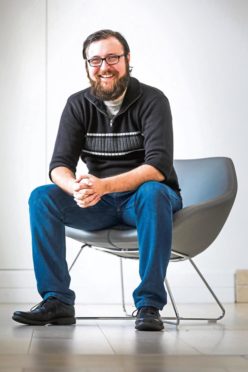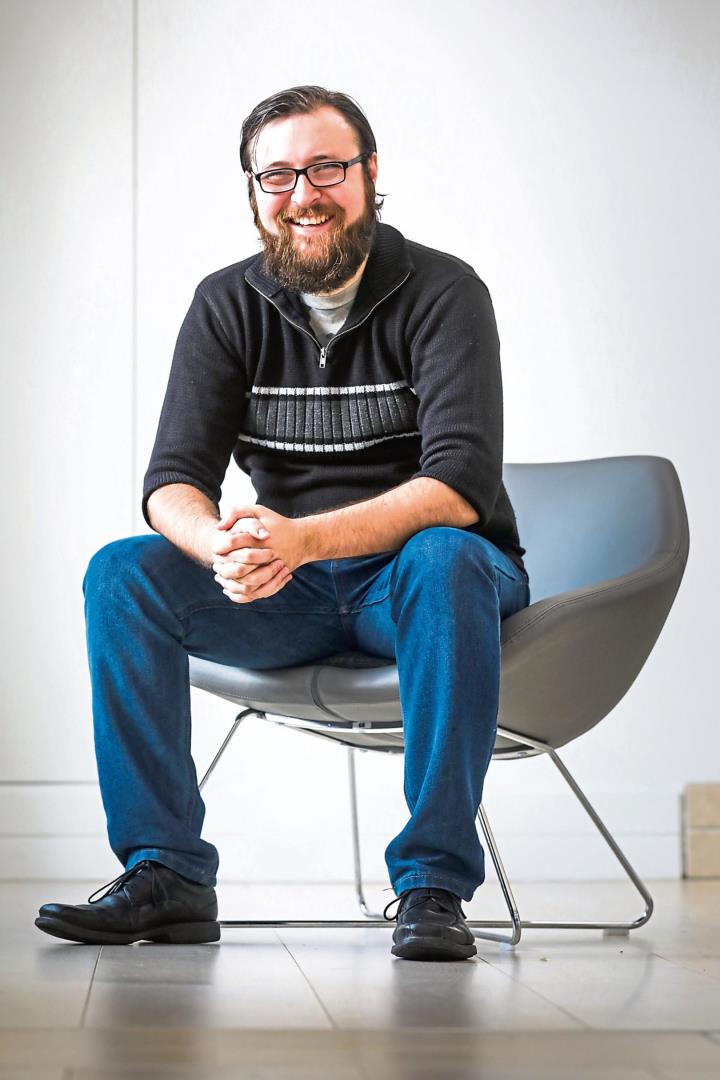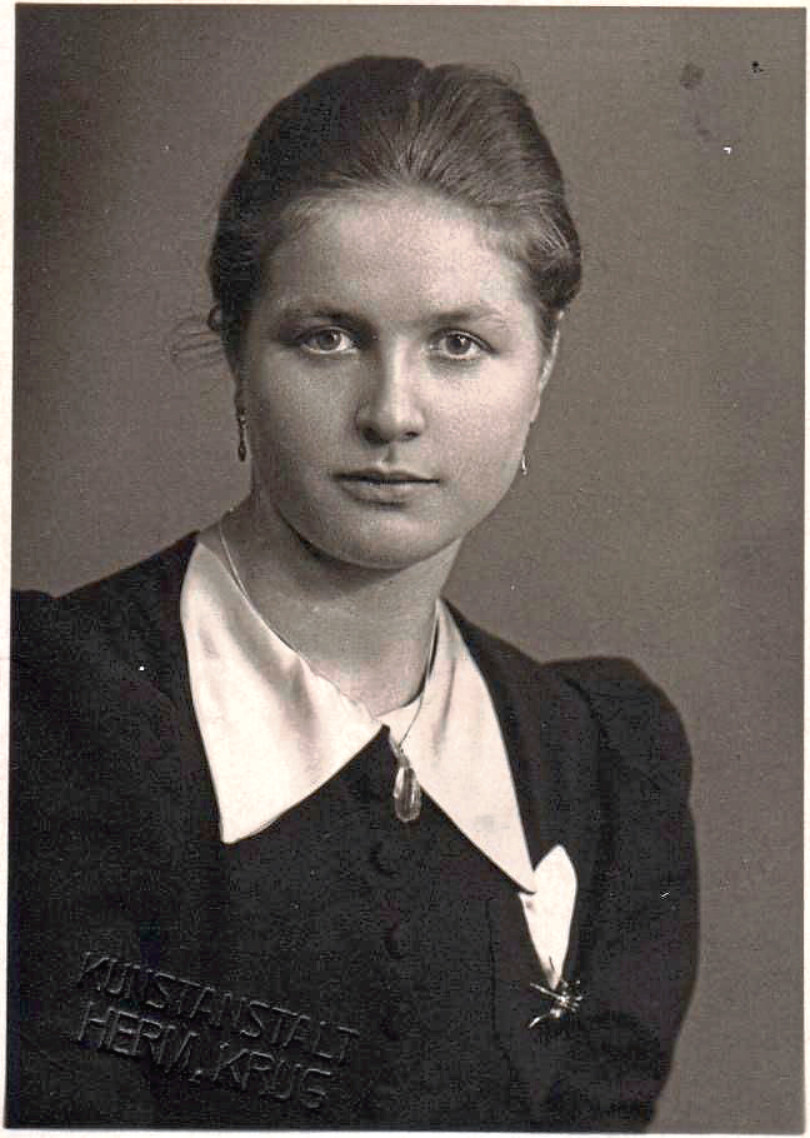Yesterday was International Women’s Day and it is 110 years since the first one was held, having been discussed at the International Socialist Woman’s Conference held in Germany in 1907.
This was a historical moment in which the women’s movement was radical in nature and known for its campaign for electoral participation.
Writing for slow news website Tortoise, Liz Moseley lamented this loss of radicalism, saying: “The whole IWD thing has gone . . . well, it’s all a bit ‘bake sale’ isn’t it?”
True though this may be, International Women’s Day affords us all a vital reminder of the historical struggle women, and other groups, have faced, but also offers the opportunity to reflect upon those women who have shaped, and continue to shape, who we are.
I think of my mum, my wife, my daughters, my gran, my mother-in-law, my sisters-in-law, and, today, in particular, my grandmother – who passed away in 2008 – but who left an indelible mark upon my life.
Else Louise Nitsche was born in 1922 in the small West German town of Kamp Lintfort, only a 30-minute drive from the Dutch border.
She grew up in a slice of history wedged between the First and Second World Wars and married Charles – my grandfather – who fought on the opposing side for the British Army.
You can imagine the visceral racism she experienced, as a native German, marrying a British-born man and relocating to Scotland a few years after the end of the war.
Read more from Ewan Gurr here.
My grandparents were as much a debating society as they were a family.
I spent much time with my grandad Charlie, who died when I was 10.
Part of the Forgotten Army stationed in Burma, he carried lifelong trauma and hated the triumphalism of war movies.
My gran told me he came home drunk one night and, like the feisty, protective woman she was, she held her three boys – my dad included – behind her as she wielded a frying pan at him if he dared come near.
‘Her hospitality was second-to-none’
He decided against.
Her hospitality was second-to-none.
Like most women of her time, she could rustle up a meal with minimal provisions and made many traditional German dishes with sweet, sour and pickled flavouring, including sauerkraut, red cabbage and pickled green beans.
Always on the hunt for a bargain, my dad reminded me of the time towards the end of her life he offered, as a church minister, to do her funeral and she responded, saying: “Great! That’ll save some money.”
The word “radical” is defined as “affecting the fundamental nature of something”.
Born only 15 years after the first International Socialist Women’s Conference held not far from her home, Else might not be the kind of woman you would describe as radical in a political sense but she definitely was on a personal level as she certainly affected the fundamental nature of those she raised, myself included.


